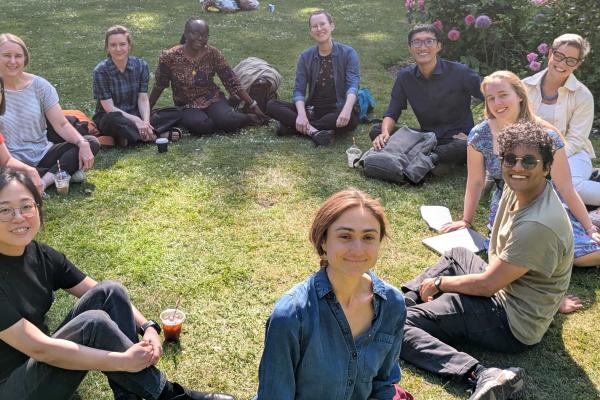
Building bridges between modelling and policy
We meet some of the researchers who are trying to translate between the two very different worlds of mathematics and politics.

We meet some of the researchers who are trying to translate between the two very different worlds of mathematics and politics.

A digital heart might sound like science fiction, but these personalised mathematical descriptions of patients' hearts are already being put to the test.
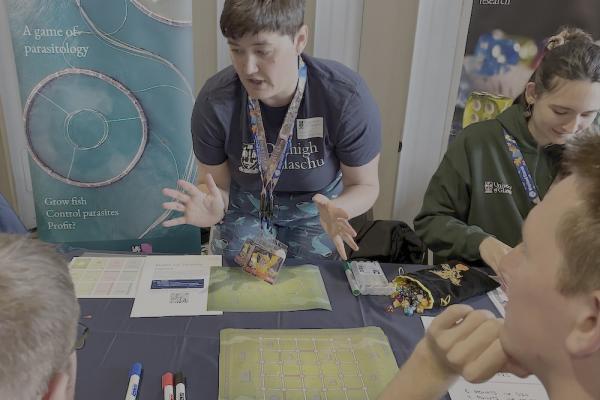
Would you like to play a game? Have an adventure? Join us on an adventure in Model Land!
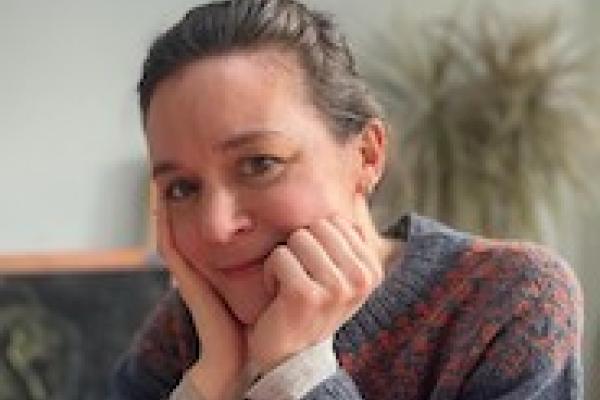
Find out about a pioneering new project which builds mathematical models together with the people who are affected.

Find out about a pioneering new project which builds mathematical models together with the people who are affected by them.

Will we one day have digital versions of our entire body to help us make medical and life style decisions and see what medical treatments are right for us? Find out in this podcast.

To avoid full school closures in the next pandemic, or even epidemic, epidemiologists need crucial information from schools, students, and parents.
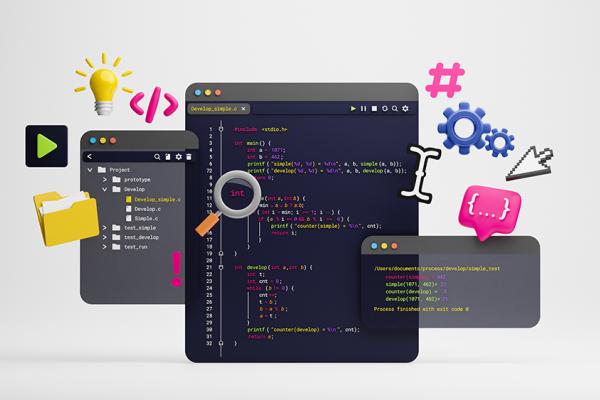
There's a romantic vision of mathematicians only needing pen and paper for their work. Here's why this is far from the truth when it comes to mathematical modelling, used to solve problems in the real world.
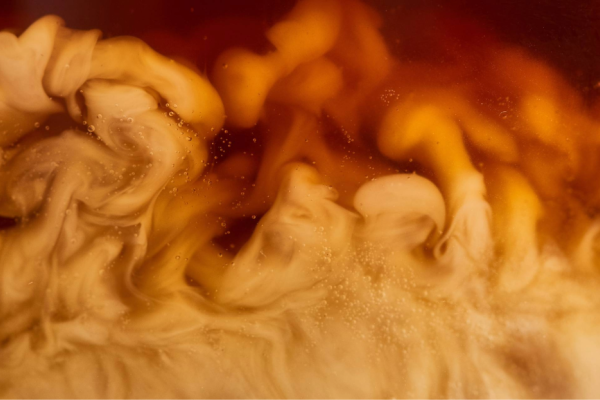
The process of diffusion has been studied for centuries. But reserachers have recently begun to study a competing process – anti-diffusion. Find out more in this collection of content from a recent research programme at the INI.




Researchers from different fields recently came together to improve our understanding of anti-diffusion, the process behind the distinct bands of Jupiter, that also plays a role in our oceans and in developing plasma fusion reactors.

We talk to the creators of a fantastic tool for exploring maths and science through interactive simulations.

We experience phase transitions every day, but they are some of the most dramatic events natur presents us with. Here's a quick introduction.